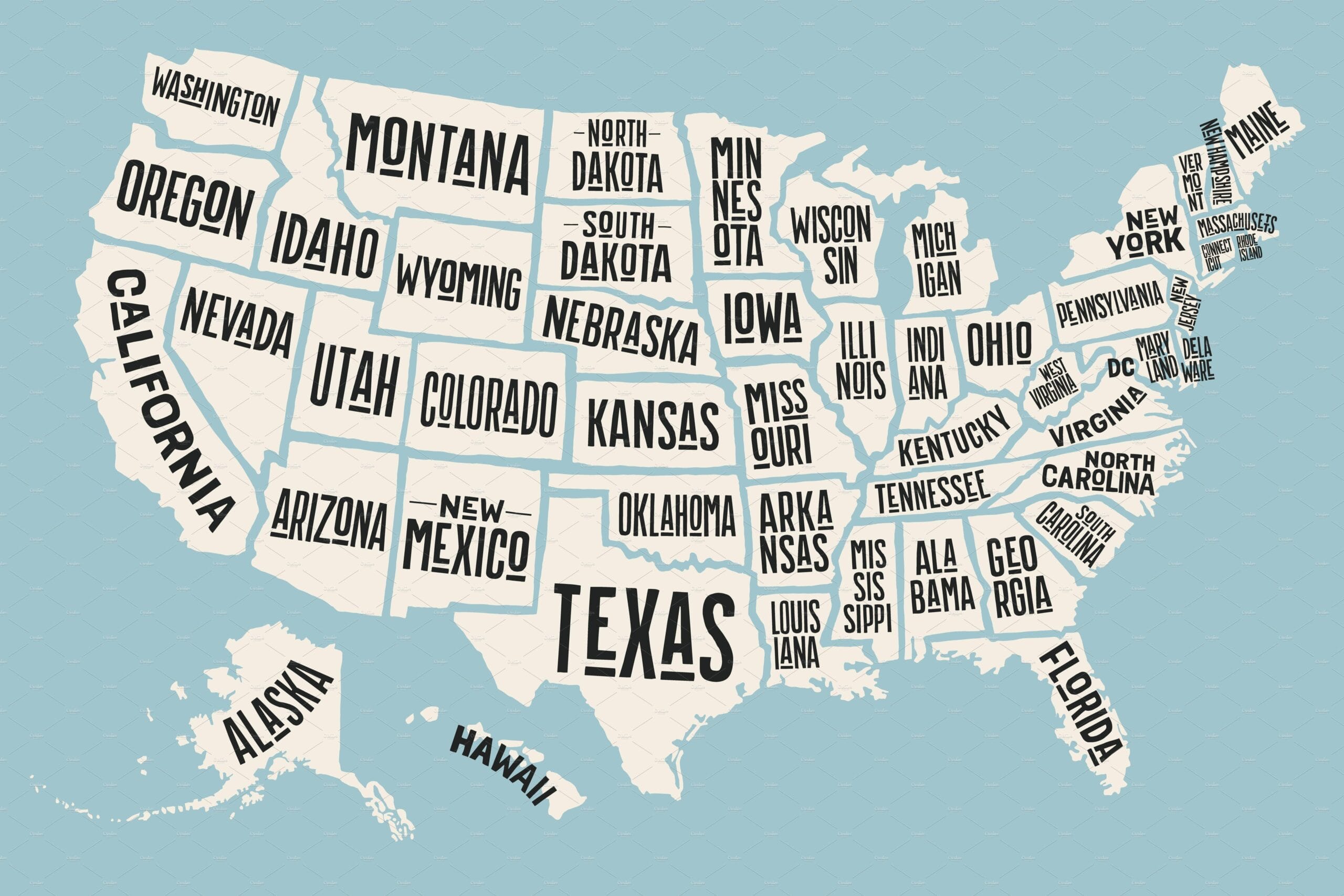On July 9, 2021, President Joe Biden signed an Executive Order, which, among other things, directed the Federal Trade Commission (FTC) to use its statutory authority to curtail the unfair use of noncompete agreements. The key provision of the Order provides:
“To address agreements that may unduly limit workers’ ability to change jobs, the Chair of the FTC is encouraged to consider working with the rest of the Commission to exercise the FTC’s statutory rulemaking authority under the Federal Trade Commission Act to curtail the unfair use of non-compete clauses and other clauses or agreements that may unfairly limit worker mobility. (Emphasis added).”
The key takeaway related to non-compete agreements is that the FTC has a green light to take steps to make it harder for employees to enforce them. FTC action appears likely since the new chair and one commissioner wrote in 2019 that more active agency rulemaking was needed on anti-competitive behavior, including noncompetes. The Order’s use of “unfair” and “unfairly” is notable and suggests that FTC action will focus on banning the use of non-compete restrictions with low-wage workers. This has been the trend with numerous state statutes in recent years, such as those in Washington, Oregon, Nevada, Georgia, Illinois, Maine, Maryland, Massachusetts, New Hampshire, Rhode Island, and Virginia.
The Order, however, did not purport to make an outright ban on the use of noncompete agreements, as some had expected. Indeed, by its own terms, it “does not [] create any right or benefit, substantive or procedural, enforceable at law or in equity by any party….” But, even as a policy directive, the Order could have profound consequences as half of private-sector businesses use non-compete agreements for at least some employees, affecting anywhere from 36 to 60 million American workers.
The Order’s impact on employers remains to be seen as the FTC has yet to promulgate new restrictions on non-compete agreements. Even if the FTC proposes a complete ban non-compete agreements, its authority to do so will likely be litigated. Courts have traditionally interpreted non-compete agreements exclusively under state common and statutory law. So, the Order may be deemed unconstitutional as it arguably usurps the rights of states to govern contract law, and Congress’s legislative role. But, with so many states taking action to curtail non-compete agreements, employers should expect this issue will be heavily litigated. Therefore, employers should continue to monitor both the FTC and state law to stay apprised of the latest changes in this rapidly evolving area of the law.
By Teva Sempel
About Carney Badley Spellman, P.S.
Carney Badley Spellman is about Advocacy, Strategy, Results. Located in Seattle, we are a full-service law firm committed to exceptional client service and professional excellence. Our firm serves individuals and businesses of all types and sizes. Also, our attorneys work with closely-held companies to Fortune 500 corporations in the Pacific Northwest and across the United States. Although Carney Badley Spellman‘s location is in Seattle, Washington, we are proud to be a part of the Washington state community and communities across the nation.



